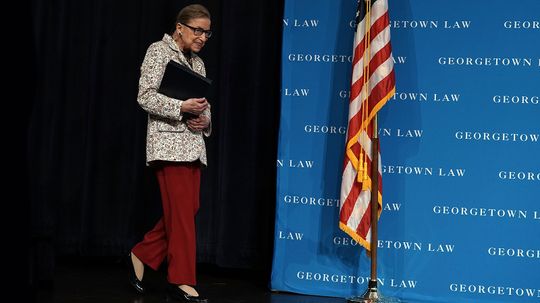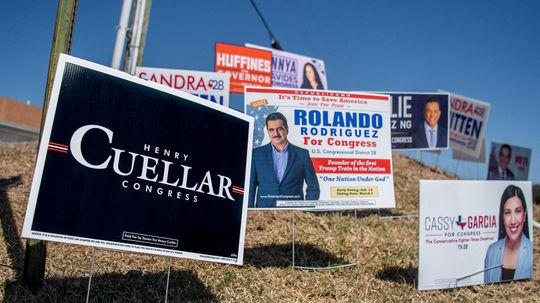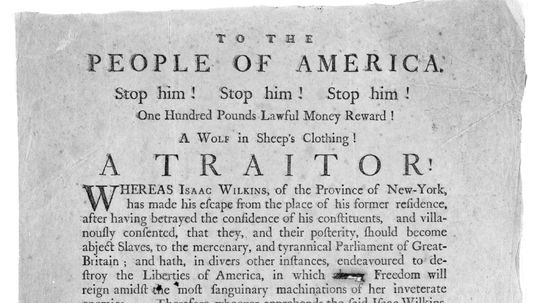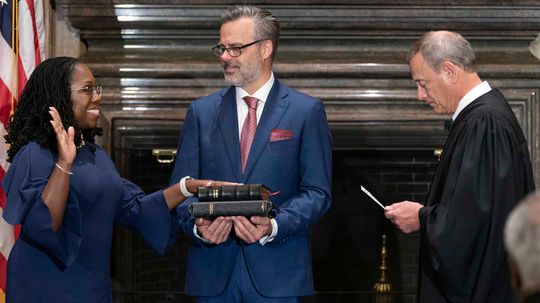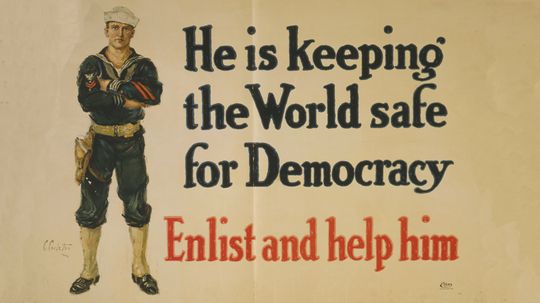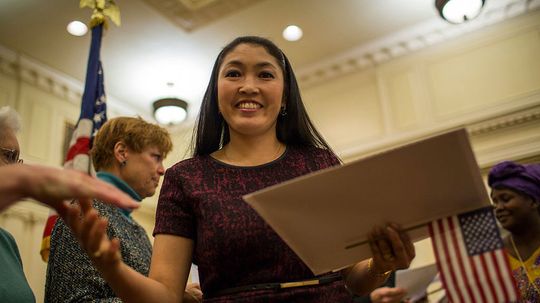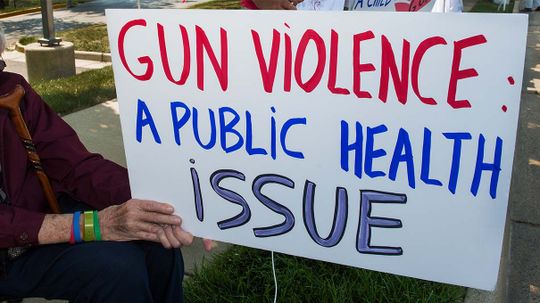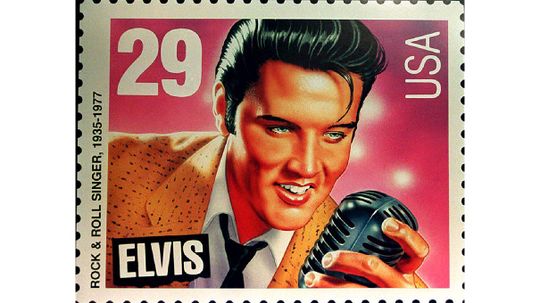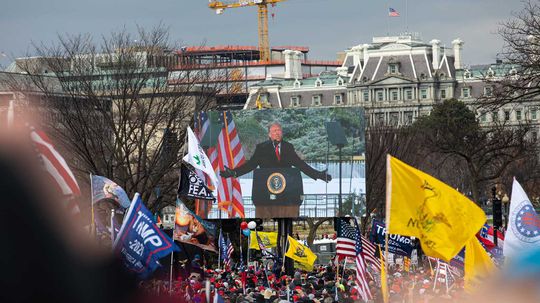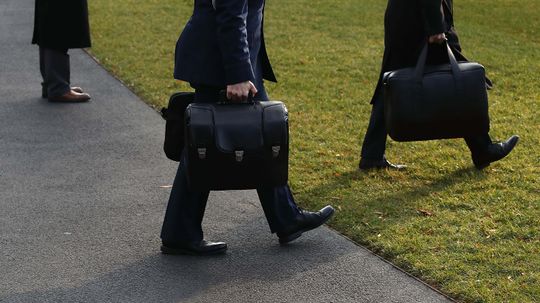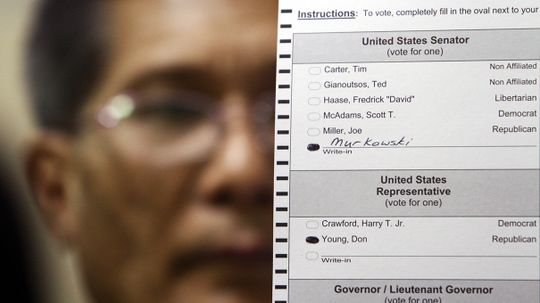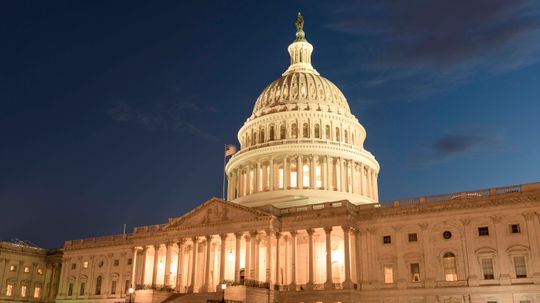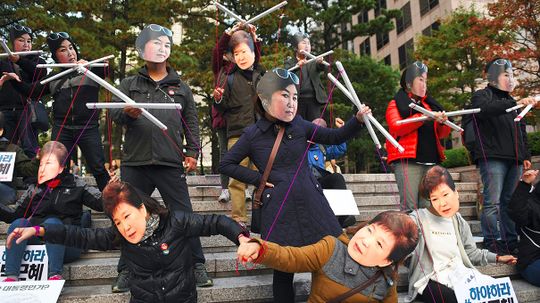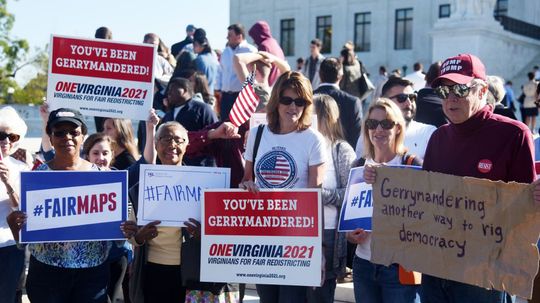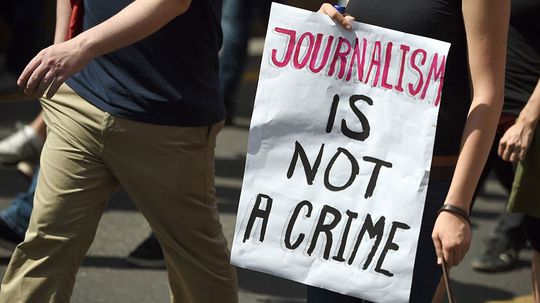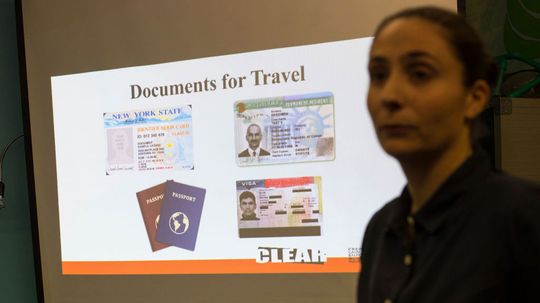Government
Government is a key part of any society and culture. Learn more about different types of government, politics and civic issues.
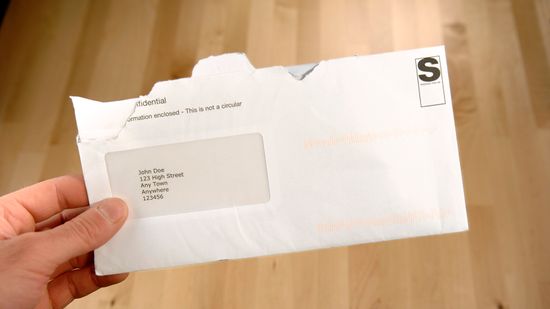
What Is a Postal Code? A Brief History of Zip Codes
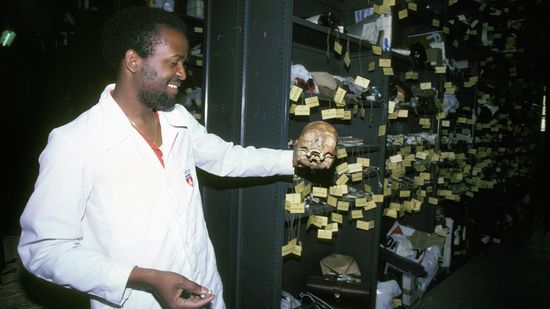
From Human Skulls to Handguns, the Paris Lost and Found Has Seen It All
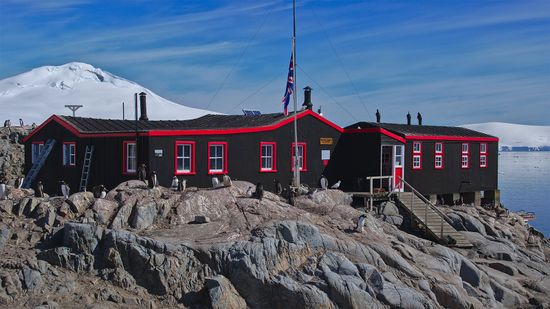
Running Antarctica's 'Penguin Post Office': Coolest Job Ever?
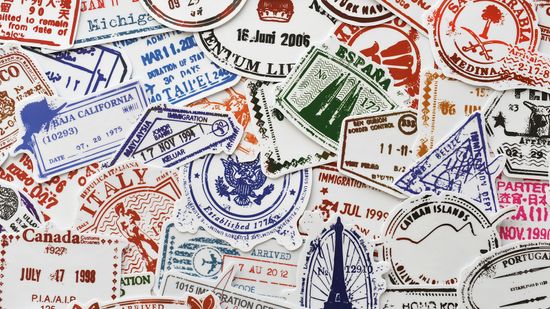
The Most Powerful Passport Comes From a Nation State
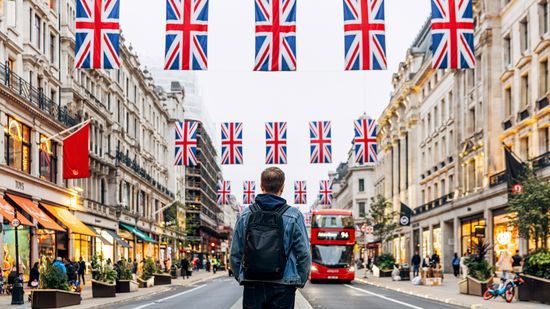
15 Largest Cities in England, Ranked by Population

15 Largest Cities in Australia, Ranked by Population
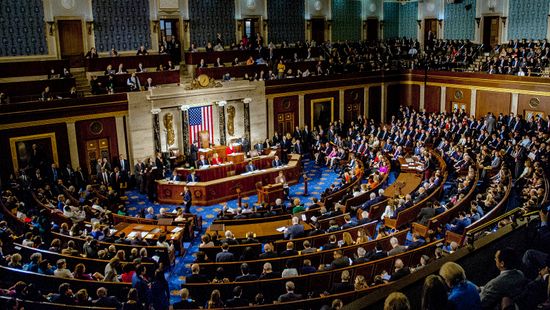
10 States With the Most Electoral Votes: NY's Fall to No. 4
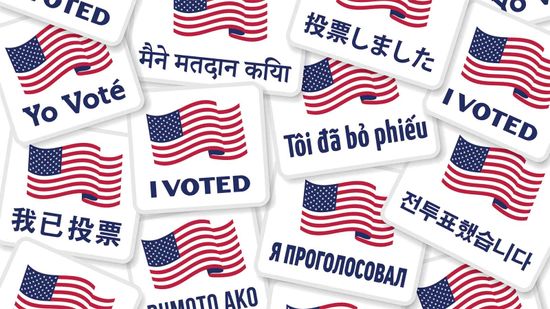
What to Do if Your Vote Is Challenged on Election Day
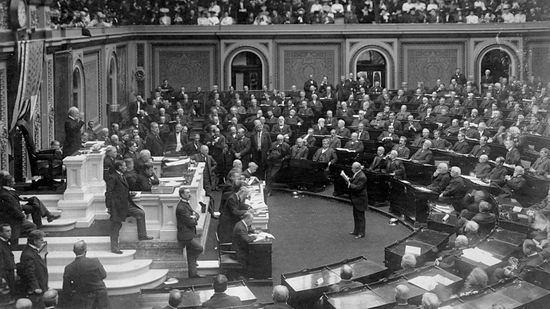
Why Does the U.S. House of Representatives Have Only 435 Seats?

Is the U.S. Prepared to Handle Natural Disasters During the COVID-19 Pandemic?
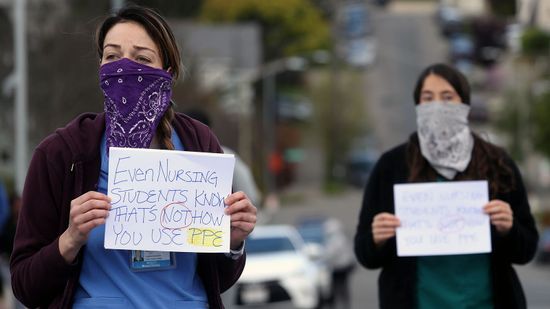
The Defense Production Act Was Designed for Emergencies Like Coronavirus
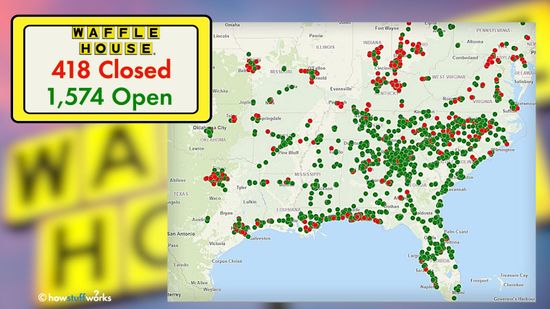
The Waffle House Index Is at Code Red; That's Not Good
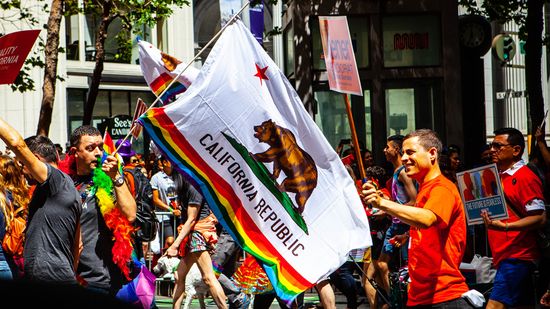
8 Most Liberal Cities in the U.S., Including 2 Not on the Coasts

7 Fastest-growing Cities in the U.S.: San Antonio, Phoenix, and More

10 Seattle Neighborhoods to Settle Into

Democratic Socialist vs. Socialist: Comparing Political Ideologies

What Is a Democratic Socialist?

12 Most Liberal Countries (Only 3 Aren't in Europe)
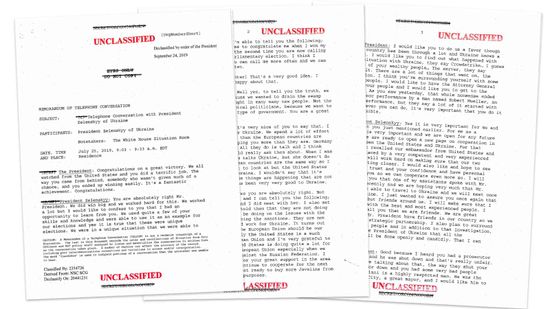
How Does the U.S. Government Declassify Top Secret Documents?
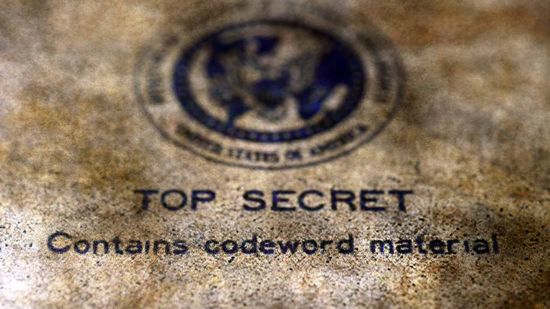
How Does the U.S. Classify Its Most Sensitive Documents?
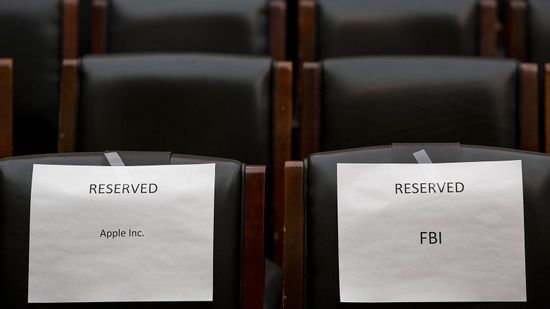
Why Data Encryption Remains a Really Complex Issue
Learn More / Page 6
Ruth Bader Ginsburg may have been tiny, but she left a huge mark on the U.S. judicial system in the 27 years she served on the Supreme Court, more than earning her nickname the "Notorious RBG."
Former U.S. presidents draw a hefty pension for life, but what about members of Congress? You might be surprised to know where your tax dollars are going to fund their retirement.
It's also known as "maternity tourism," and defined as travel to the U.S. for the purpose of having a child on American soil.
By John Donovan
Advertisement
Midterm elections in the U.S. don't get the public excited the way presidential elections do. But there's a lot at stake, actually, during these contests. Why do midterms exist, anyway?
By Dave Roos
Though treason is the only crime mentioned in the U.S. Constitution, few know what the word actually means and fewer still have ever been indicted for it.
Federal law doesn't require Americans to have a fixed address in order to vote, but state and local laws often pile on additional restrictions that make it hard for the homeless to cast a ballot.
By Dave Roos
When a Supreme Court justice retires, there's a lot of speculation and political maneuvering regarding the replacement. Find out how Supreme Court justices are nominated, who is qualified to serve and how a nominee is approved.
Advertisement
In the age of endless information, are voters too distracted to make informed decisions?
By Diana Brown
First ladies have traditionally played significant roles at the White House. But so far that work has been sans pay.
By Dave Roos
The complicated U.S. immigration system, with its numerous categories and caps, can require some applicants to wait decades to become permanent legal residents.
'American Exceptionalism' is a slippery term that has been used both positively and negatively. What does it really mean and how did it come to be embraced by both American Democrats and Republicans?
By Dave Roos
Advertisement
With so much public outcry and concern over the rash of gun violence in the U.S., why would Congress cut federal funding for research into causes and solutions?
Members of the U.S. LGBTQ community want to be counted in the 2020 Census. So what's the big deal, and why would the government not count sexual orientation?
By John Donovan
Anyone can submit an idea for a postage stamp, but who decides which ideas make the cut?
It's been invoked in the past, but never to remove a U.S. president from office. How does it work and when - if ever - should it be used?
Advertisement
Contrary to his tweeted threat to North Korea, President Trump doesn't actually have a nuclear button.
A handful of write-in candidates have been elected to both the U.S. House and Senate, but it's a difficult way to win office.
The Constitution gives the U.S. Senate the power to expel one of its members by a two-thirds vote, but it hasn't happened since the Civil War, and there isn't a well-established process for doing it.
Former South Korean President Park Geun-hye was impeached and is on trial for corruption. Who was really pulling the strings during her administration?
By Diana Brown
Advertisement
Appointing family members to positions they didn't necessarily earn is often criticized. But nepotism reaches far beyond the business world, and it's not always so bad.
Sorry, democracy grinches: A single voter's decision can make a difference. American citizens have cast rare, but possible, pivotal votes throughout history.
Gerrymandering the political trick of manipulating the size and shape of electoral districts, to give one party an advantage. It's always been a problem, but technology has taken it to new heights.
Freedom of the press is one of the most overused - and increasingly, misunderstood - phrases in modern society. We explore what it really means and what happens when the freedoms disappear.
Advertisement
Two consecutive 2017 hurricanes nearly exhausted FEMA's Disaster Relief Fund before Congress replenished it. But will that always happen?
Some countries have started allowing people to choose an 'X' on their passports to indicate an unspecified sex. Many people argue that's not enough and gender classifications don't belong on government documents at all.
By Dave Roos
